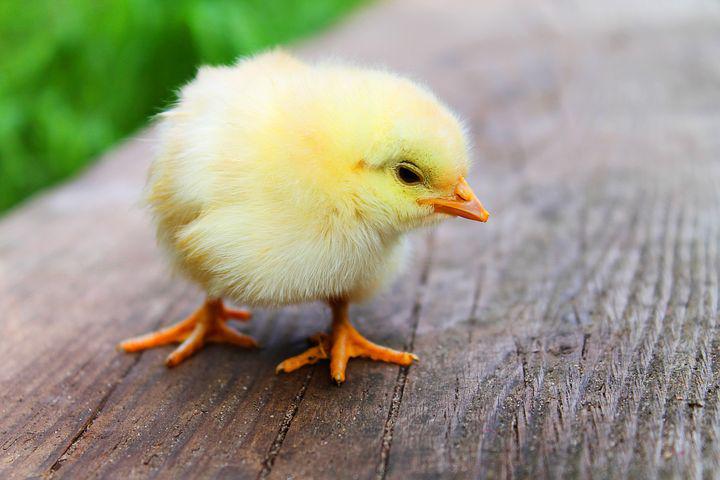In 2023, Mexico stood out as the main importer of poultry genetic material from Brazil, reaching a total of 13,514 tons.
This volume represents a remarkable year-on-year increase of 72.7%, according to data provided by Brazil’s Ministry of Industry, Foreign Trade and Services.
The volume is also equivalent to 51% of total Brazilian exports of these products.
Brazil, known for its robust poultry industry, exports poultry genetic material in two main modalities: day-old chicks and hatching eggs.
Day-old chicks are newly hatched birds, usually only 24 hours old, which are raised under strictly controlled conditions.
These chicks are sent to broiler farms, where they are reared to the desired size and age.
Genetic material
On the other hand, hatching eggs are selected and sent to incubation processes in order to produce new chicks.
After an incubation period that generally lasts between 21 and 23 days for the chicks, the eggs hatch and the chicks are obtained.
In the specific case of Mexico, all imports from Brazil are exclusively hatching eggs.
These eggs allow the production of both poultry for fattening and immediate consumption, as well as laying hens that, in turn, will generate new generations of chickens.
In addition, in 2023, the following countries were also important destinations for Brazilian exports of poultry genetic material:
Senegal (3,774 tons).
Paraguay (2,745 tons).
South Africa (2,373 tons).
Peru (1,483 tons).
Production capacity
According to Laiz Foltran, Market Intelligence Coordinator of the Brazilian Animal Protein Association (ABPA), Brazil has a competitive advantage due to its relative proximity to Mexico, which facilitates the export of hatching eggs and contributes to the growth of the Mexican poultry population.
Hatching eggs not only allow the production of birds for fattening and immediate consumption, but also of laying hens, which will generate future generations of chickens.
In the framework of the International Animal Protein Show (SIAVS), Foltran also commented that exports of genetic material from Brazil to Mexico are made by U.S. or European companies, such as Hy-Line, Cobb and Aviagen.
These foreign purchases are aimed at strengthening production capacity in Mexico, especially after many poultry companies in the country faced the impact of avian influenza outbreaks in their poultry complexes.

